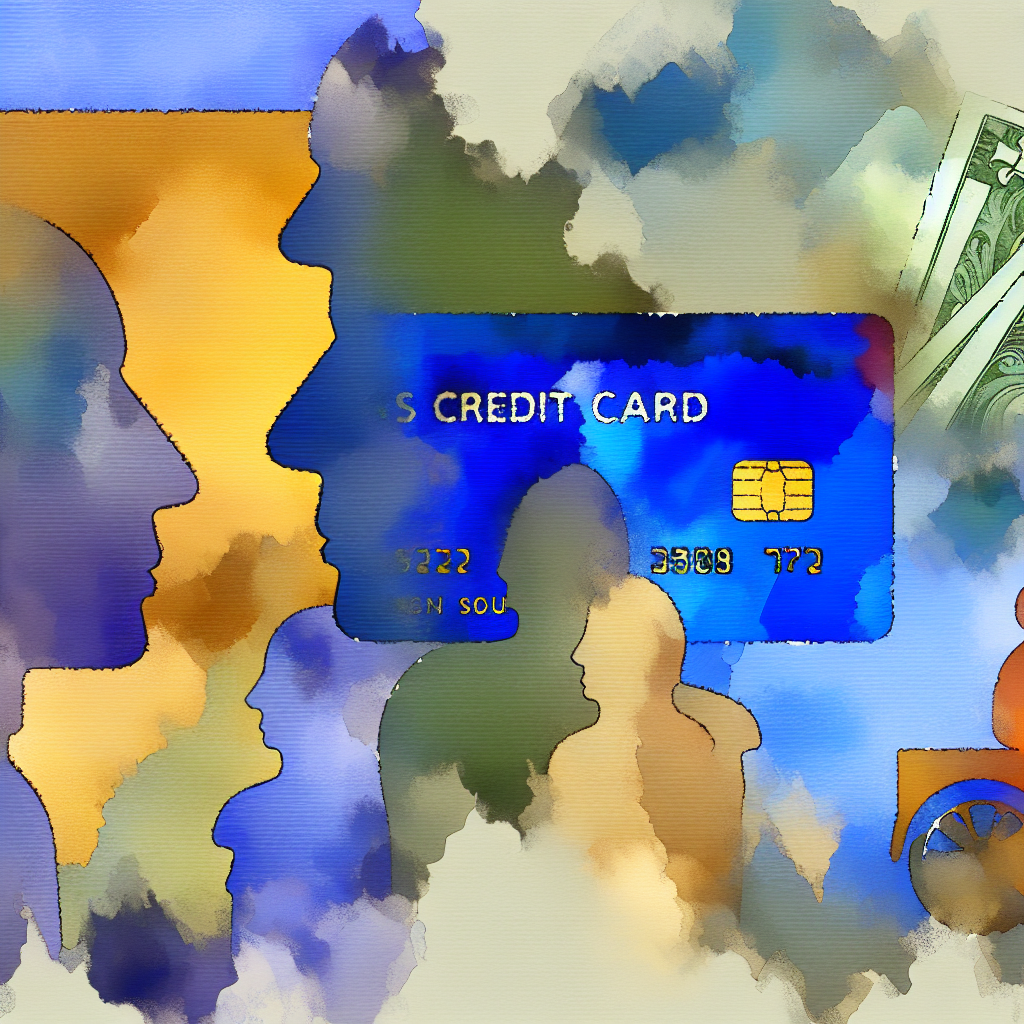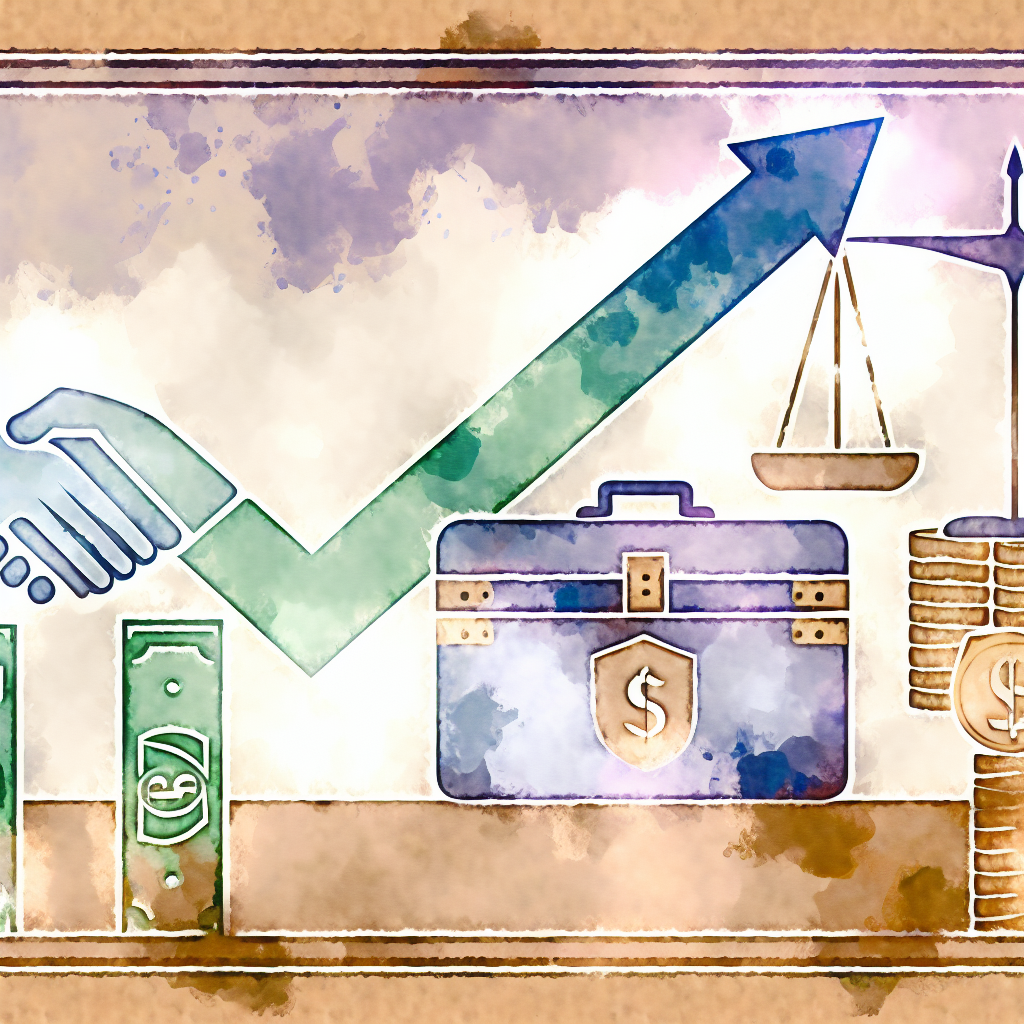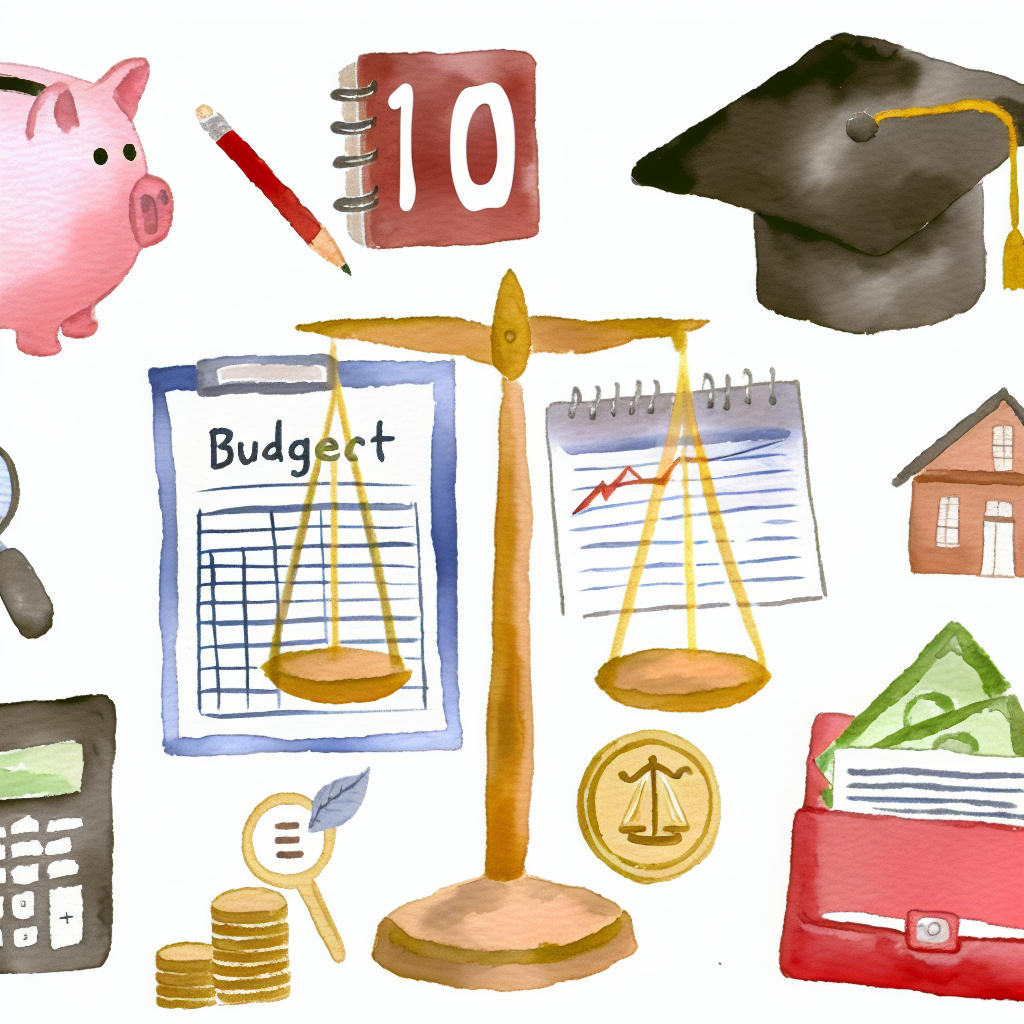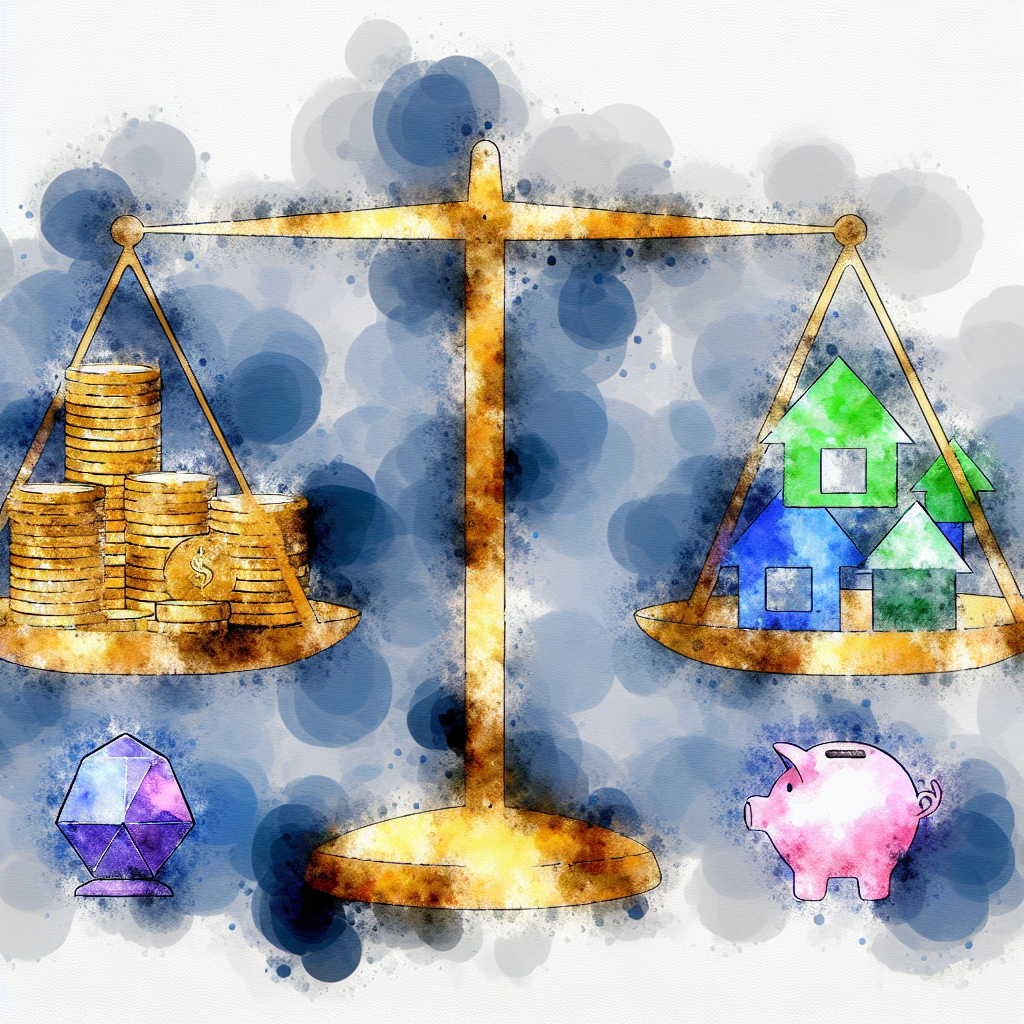Introduction: The Importance of Timely Credit Card Payments
Paying your credit card bills on time is one of the most critical aspects of maintaining financial health. Timely payments ensure that you avoid hefty late fees, keep your interest rates low, and, most importantly, maintain a good credit score. A good credit score opens doors to various financial opportunities, such as obtaining loans or mortgages at favorable interest rates. Conversely, missing a credit card payment can set off a cascade of negative consequences that can affect your financial well-being for years to come.
Most people know they should pay their credit card bills on time, but life happens. You might forget, lose track of the due date, or face unexpected financial circumstances that make it difficult to pay your bill. While a single missed payment may seem like a minor issue, it can snowball into larger problems that are harder to solve. Understanding the potential fallout of missing a payment and knowing how to handle the situation can make a world of difference.
Financial discipline is a skill that goes beyond just making payments on time. It’s about understanding the terms and conditions associated with your credit card, knowing how interest is calculated, and being aware of how your behavior influences your credit report. By taking a proactive approach, you can avoid the pitfalls that come with missed payments and secure your financial future.
This article will delve into what you should do immediately after missing a payment, the late fees and penalties you might face, how your credit score can be affected, and much more. With the right information and tools, you can minimize the damage from a missed payment and set yourself up for better financial management in the future.
Immediate Steps to Take After Missing a Payment
Missing a credit card payment can be stressful, but the first step is not to panic. Take immediate action to rectify the situation. The quicker you act, the more likely you are to minimize the negative impact. The first thing you should do is make the payment as soon as possible. Even if you’re a day or two late, making the payment can help reduce the damage caused.
Steps to Follow:
- Log into your credit card account online or through your bank’s mobile app. Check your account status to see if the missed payment has been posted and if any late fees have been added.
- Pay the overdue amount immediately. If possible, pay more than the minimum payment to show good faith and reduce the interest you’ll accumulate.
- Note the date of the payment. Make sure to document when you made the payment as you might need this information for any further correspondence with your credit card issuer.
After making the payment, review your financial situation to understand why you missed it in the first place. Identifying the root cause can help you take steps to prevent it from happening again. It might have been a scheduling oversight, a financial shortfall, or simply forgetting the due date.
Once you have made the payment, monitor your account closely for the next billing cycle. Keep an eye on changes in your interest rate, new fees, or any other modifications to your credit card agreement terms. These changes can impact how quickly you can pay down your balance and should be factored into your budget planning.
Understanding Late Fees and Penalties
When you miss a credit card payment, one of the immediate consequences you will face is late fees. Late fees can range anywhere from $25 to $40, depending on your card issuer and the terms outlined in your credit card agreement. These fees can quickly add up, especially if you miss multiple payments. Besides the late fee, you may also face other penalties that can exacerbate your financial situation.
Typical Penalties Include:
| Penalty | Description |
|---|---|
| Late Fees | Fees charged for missing the payment deadline. |
| Higher APR | Penalty interest rates that can be significantly higher. |
| Reduced Credit Line | Credit limit may be decreased, limiting available credit. |
Financial institutions might also impose a higher Annual Percentage Rate (APR) on your account, known as a penalty APR. This higher interest rate can be as high as 29.99%, significantly increasing the amount of interest you’ll pay on any remaining balance. Having a higher APR will make it even harder to pay off your debt, which is why it’s crucial to avoid triggering this penalty.
Another often overlooked penalty is a decrease in your credit limit. When your credit limit is reduced, your credit utilization ratio increases, which can negatively impact your credit score. This can also affect your ability to use your credit card in the future, as you’ll have less available credit to work with. It’s crucial to understand these penalties and take measures to avoid them whenever possible.
How a Missed Payment Affects Your Credit Score
One of the most serious consequences of missing a credit card payment is the impact on your credit score. Your payment history accounts for 35% of your FICO score, which means a single missed payment can significantly lower your score. Generally, creditors report missed payments to the credit bureaus after they are 30 days overdue. However, the exact timing can vary depending on your card issuer.
Factors That Influence the Impact:
| Factor | Description |
|---|---|
| Duration of Missed Payment | A 30-day late payment is less damaging than a 60- or 90-day late payment. |
| Credit History | Individuals with a strong credit history may see a minor dip, while those with poorer scores may experience a significant drop. |
| Number of Missed Payments | Multiple missed payments will compound the negative effects. |
A missed payment can stay on your credit report for up to seven years, although its impact will lessen over time. During this period, future lenders will see the missed payment, making it more difficult for you to obtain credit. Higher interest rates and stricter loan terms can also be consequences, further complicating your financial situation.
To minimize the impact on your credit score, it’s crucial to make at least the minimum payment as soon as possible. If the payment is past the 30-day mark, communicate with your credit card issuer to explore options that might remove or adjust the reported late payment on your credit report.
Communicating with Your Credit Card Issuer
Open communication with your credit card issuer is essential after missing a payment. Many people underestimate the willingness of financial institutions to work with their customers during times of financial difficulty. As soon as you realize you have missed a payment, contact your issuer to explain the situation.
Tips for Effective Communication:
- Be Honest and Direct: Clearly explain why you missed the payment and provide any relevant details.
- Request Waiver of Late Fees: Sometimes, issuers are willing to waive late fees, especially if it’s your first missed payment.
- Discuss Payment Plans: Ask if they offer payment plans or other options to help you get back on track.
Your issuer may have policies designed to assist customers, such as one-time fee waivers or temporary lower interest rates. By demonstrating your commitment to resolving the issue, you can negotiate terms that are more favorable for your financial situation.
Additionally, maintaining a good relationship with your credit card issuer can benefit you in the long run. Not only might they be more lenient with occasional lapses, but they can also offer you better rates and terms as your financial situation improves.
Setting Up Automated Payments and Reminders
One of the most effective ways to avoid missing a credit card payment is to set up automated payments and reminders. Automation takes the human error out of the equation, ensuring that your payments are made on time every month. Many banks and credit card issuers offer the option to set up automatic payments directly from your checking account.
Benefits of Automated Payments:
| Benefit | Description |
|---|---|
| Timeliness | Ensures that payments are made on or before the due date. |
| Convenience | Reduces the need for manual payments each month. |
| Reduced Stress | Eliminates worries about missing a payment. |
In addition to automated payments, setting up payment reminders can be incredibly helpful. Many financial apps and banking services offer text or email alerts to remind you of upcoming due dates. You can set these reminders to notify you several days before the payment is due, giving you ample time to ensure that funds are available in your account.
If you prefer to have more control over your payments, you can still use reminders without automating the process entirely. This method allows you to review your bill each month and make sure everything is accurate before authorizing the payment, combining the best of both worlds.
Exploring Options: Payment Plans and Hardship Programs
If you’re struggling to make your credit card payments, don’t wait until you miss one to take action. Explore your options for payment plans and hardship programs. Many credit card issuers understand that their customers may face temporary financial difficulties and are willing to offer assistance.
Available Options:
| Option | Description |
|---|---|
| Payment Plans | Structured payment schedules to help pay down balances over time. |
| Hardship Programs | Temporary relief such as lower interest rates or deferred payments. |
Payment plans can help by breaking your total balance into more manageable payments over time. These plans often come with reduced interest rates, making it easier to pay down your debt without accruing excessive interest.
Hardship programs are designed for those facing significant, temporary financial challenges such as medical emergencies, job loss, or natural disasters. These programs can offer benefits like temporarily reduced interest rates, waived fees, or even deferred payments. It’s essential to contact your credit card issuer to discuss these options and see if you qualify.
Making use of these programs can provide the breathing room you need to stabilize your finances. However, keep in mind that these solutions are usually temporary, and it’s crucial to have a long-term plan for repaying your debt.
Preventing Future Missed Payments
Preventing future missed credit card payments is all about developing disciplined financial habits. Start by reviewing your financial situation regularly. Create a budget that includes all your monthly expenses, income, and savings goals. Understanding where your money goes each month will help you plan better and ensure that you always have enough to cover your credit card payments.
Tips for Prevention:
- Budget Wisely: Allocate specific amounts for each category of your expenses.
- Track Spending: Keep a close eye on your spending habits to avoid unnecessary expenditures.
- Build an Emergency Fund: Save money to cover unexpected expenses, so they don’t derail your payment schedule.
In addition to budgeting, consider consolidating your debts if you have multiple credit cards or loans. Debt consolidation can simplify your payments by combining multiple debts into a single monthly payment. This can make it easier to manage your finances and reduce the risk of missing a payment.
Finally, regularly monitor your credit report and credit score. Being aware of your credit status can motivate you to stay on top of your payments and maintain a good credit score. Use free services or apps that provide regular updates on your credit report.
Legal Rights and Consumer Protections
As a consumer, you have legal rights and protections that can help you deal with missed credit card payments. The Fair Credit Billing Act (FCBA) offers protections against unfair billing practices and ensures that you have the right to dispute incorrect charges. However, it’s crucial to act within the time limits set by the law.
Key Protections Under FCBA:
| Protection | Description |
|---|---|
| Dispute Resolution | Allows you to challenge incorrect or unauthorized charges. |
| Grace Period | Provides a window to make payments without incurring interest. |
| Error Correction | Mandates timely correction of billing errors when reported. |
In addition to the FCBA, the CARD Act (Credit Card Accountability Responsibility and Disclosure Act) requires credit card issuers to provide clear information about fees, rates, and terms to help consumers make informed decisions. This act also mandates a 21-day grace period for payments, giving you ample time to make your payment after your statement is issued.
Understanding these protections can empower you to take control of your financial situation. If you believe your credit card issuer is not complying with these regulations, you can file a complaint with the Consumer Financial Protection Bureau (CFPB).
When to Seek Professional Financial Advice
There comes a time when seeking professional financial advice can make a significant difference in managing your finances. If you find yourself frequently missing payments, accumulating substantial debt, or struggling to create and stick to a budget, it might be time to consult a professional.
Signs You Need Professional Help:
| Situation | Description |
|---|---|
| Constant Financial Stress | Persistent worry about money or bills. |
| Increasing Debt | Difficulty managing or reducing your debt. |
| Budgeting Issues | Struggling to create or adhere to a realistic budget. |
Professionals such as financial advisors, credit counselors, and debt management specialists can offer tailored advice to improve your financial situation. They can help you create a realistic budget, negotiate with creditors, and develop a long-term financial plan.
Don’t wait until your financial problems become unmanageable to seek help. Early intervention can provide you with strategies and tools to regain control and build a healthier financial future.
Conclusion: Maintaining Financial Health and Responsibility
Maintaining timely credit card payments is essential for your financial health. While a missed payment can have significant consequences, understanding the steps to take can help you mitigate the damage. From immediately making the overdue payment to communicating with your credit card issuer and exploring payment plans, there are various ways to navigate missed payments responsibly.
By setting up automated payments and reminders, you can significantly reduce the risk of future missed payments. Additionally, understanding your legal rights and consumer protections can empower you to manage your financial obligations effectively. Preventing future missed payments involves creating a budget, tracking your spending, and building an emergency fund.
In some cases, seeking professional financial advice can provide you with the guidance you need to improve your financial situation. Ultimately, maintaining financial health and responsibility requires a proactive approach, informed decision-making, and a commitment to staying on top of your financial obligations.
Recap
- Immediate Action: Make the overdue payment as soon as possible.
- Late Fees and Penalties: Understand the potential costs and consequences.
- Credit Score Impact: Recognize how missed payments can affect your credit.
- Communication: Contact your credit card issuer to discuss options.
- Automation: Set up automatic payments and reminders.
- Payment Plans: Explore options like payment plans and hardship programs.
- Prevention: Implement strategies to avoid future missed payments.
- Legal Rights: Be aware of consumer protections.
- Professional Help: Seek financial advice if needed.
Frequently Asked Questions (FAQ)
- What should I do if I miss a credit card payment?
Make the payment as soon as possible and contact your credit card issuer to explain the situation and discuss your options. - How much is the typical late fee for a missed payment?
Late fees usually range from $25 to $40, depending on your card issuer and account terms. - How long does a missed payment stay on my credit report?
A missed payment can stay on your credit report for up to seven years. - Can I request a waiver for the late fee?
Yes, some credit card issuers may waive the late fee, especially if it’s your first missed payment. - Will a missed payment immediately affect my credit score?
Creditors usually report missed payments after they are 30 days overdue, but the impact will vary depending on your overall credit history. - What are hardship programs?
Hardship programs offer temporary relief such as lower interest rates or deferred payments for those facing significant financial difficulties. - How can I prevent missing payments in the future?
Set up automated payments, establish a budget, and create reminders to ensure that you make payments on time. - When should I seek professional financial advice?
If you’re frequently missing payments, accumulating debt, or struggling to manage your finances, it may be time to consult a financial advisor or credit counselor.
References
- Consumer Financial Protection Bureau (CFPB): Understanding Credit Card Fees & Interest
- Federal Trade Commission (FTC): Fair Credit Billing Act
- FICO: Understanding FICO Scores











